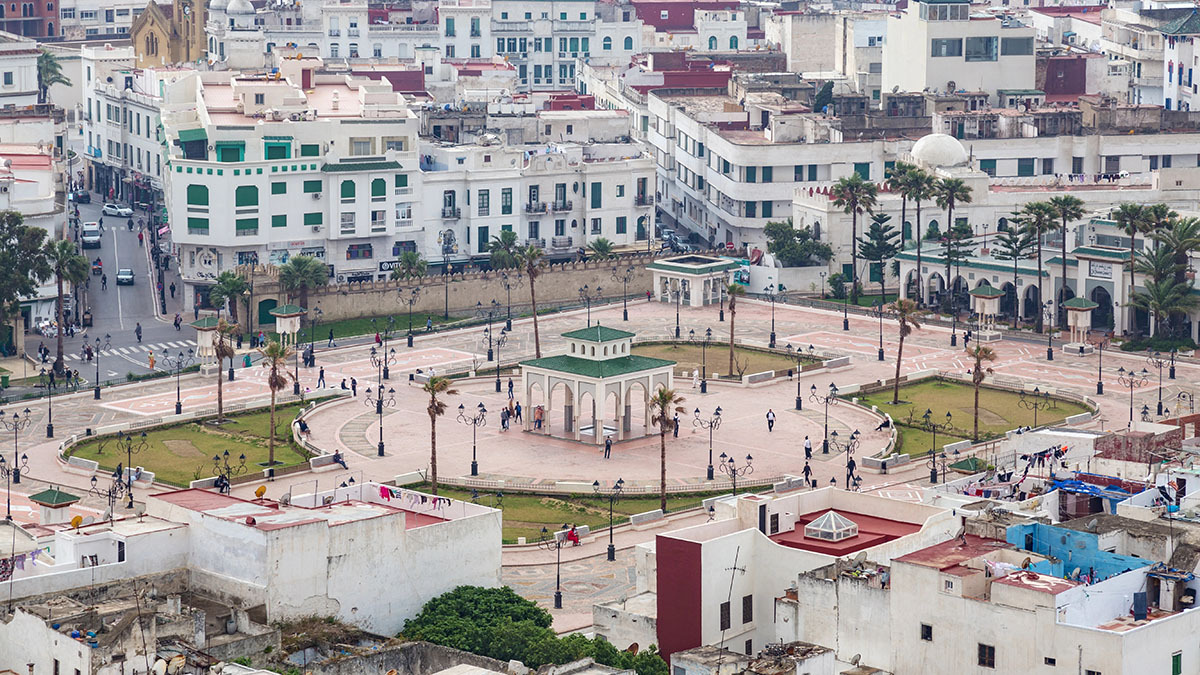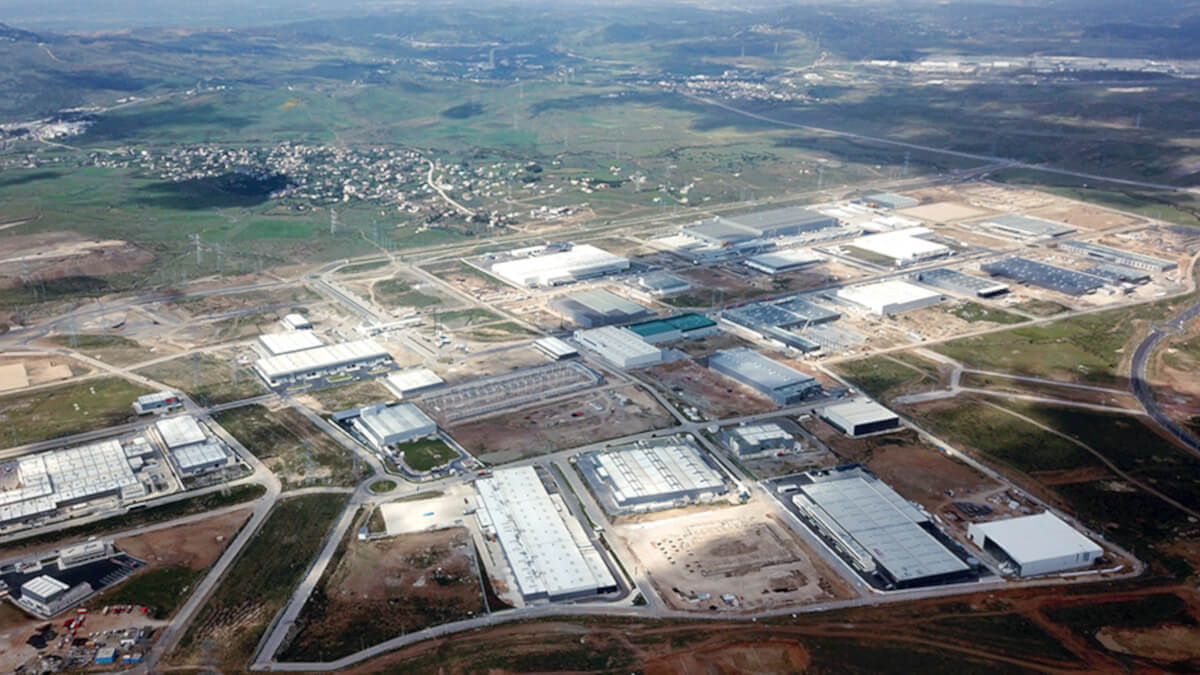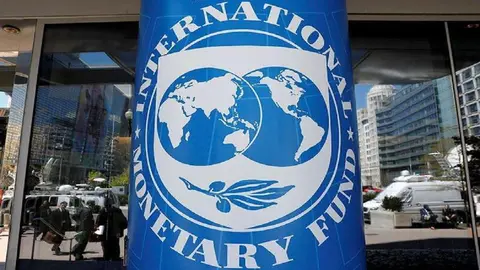Morocco consolidates its position as a model of stability in Africa

With a score of 8.72 out of 10, Morocco has consolidated its position at the top of the continent as the most stable economy in Africa, according to the Global Stability Outlook (GSO) Index.
After evaluating the stability of more than 200 countries according to political, social and economic indicators, the PGS has ranked the Maghreb nation as the model to follow on the continent. In addition, the Index recognises Morocco's ability to fight global challenges.

The various investments and actions carried out by Moroccan institutions, mainly by the port authorities, the Ministry of Industry, and the Ministry of Economy, have placed Morocco among the countries with the best ratings in indicators such as industrial structure; promotion, development, use and export of energy resources from clean energy sources; and business stability, which has been boosted by the issuing of the New Investment Charter in 2023 and its various remodellings.
This last element has been especially praised in the report, as it has had a great impact on foreign investment in the country. Sectors such as automotive, energy and phosphates have broken investment records in the last year.

At a state level, Rabat also obtained a positive score of 5.7 on the index that assesses social cohesion, food security for Moroccans and institutional capacity to deal with problems, especially natural disasters, largely derived from climate change, such as the water stress suffered by some provinces in the southeast of the country.
The top executives of large Moroccan companies are clear about it: the results perfectly represent the commercial and institutional situation of the country.
For the president of the Centre for the Study, Research and Evaluation of Public Policies in North Africa, Rachid Lazraq, the scores obtained by Morocco reflect the high resilience of Moroccan institutions and their proactive security strategy.

Along the same lines is Parakh Gana, executive director of the research company AlphaGeo, who pointed out that the results provided by PGS offer ‘the most scientific view’ of the stability of each country. According to Gana, this classification allows us to see the performance of each country without relying solely on the economic aspect. He concluded by stating that the results show signs of strength.
But if there is one fact that has marked Morocco's recognition, it is its removal from the ‘grey list’ of the Financial Action Task Force (FATF). This milestone marked a before and after in the North African country's economy, due to the confidence it generates in large investors worldwide.
This was reflected in the trust placed in Morocco by the European Union, which considers the North African country to be a major attraction for investment. Since then, Morocco has become the European Union's main non-EU supplier of automobiles, and is among the top five economic partners of major European powers such as Germany, France and Spain.

At the same time, Morocco has also obtained great results in other indexes, such as the Global Soft Power Index, where it has been ranked among the 50 countries with the greatest soft power in the world. This has been achieved thanks to its great performance in press freedom; in its external communication strategy; in the trust placed in its leaders and in social values such as generosity and tolerance.
But if we take into account the geographical context of Morocco, the results have double merit. While neighbouring countries such as Algeria, Egypt, Tunisia and Mauritania fell in the ranking, Morocco was the only country in the north of the continent to improve its figures with respect to the last classification.










